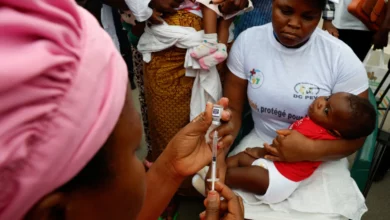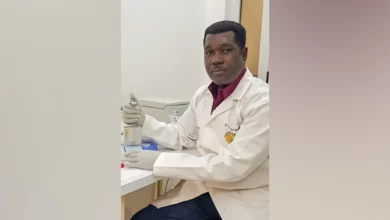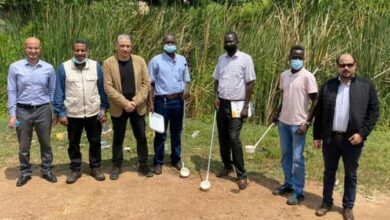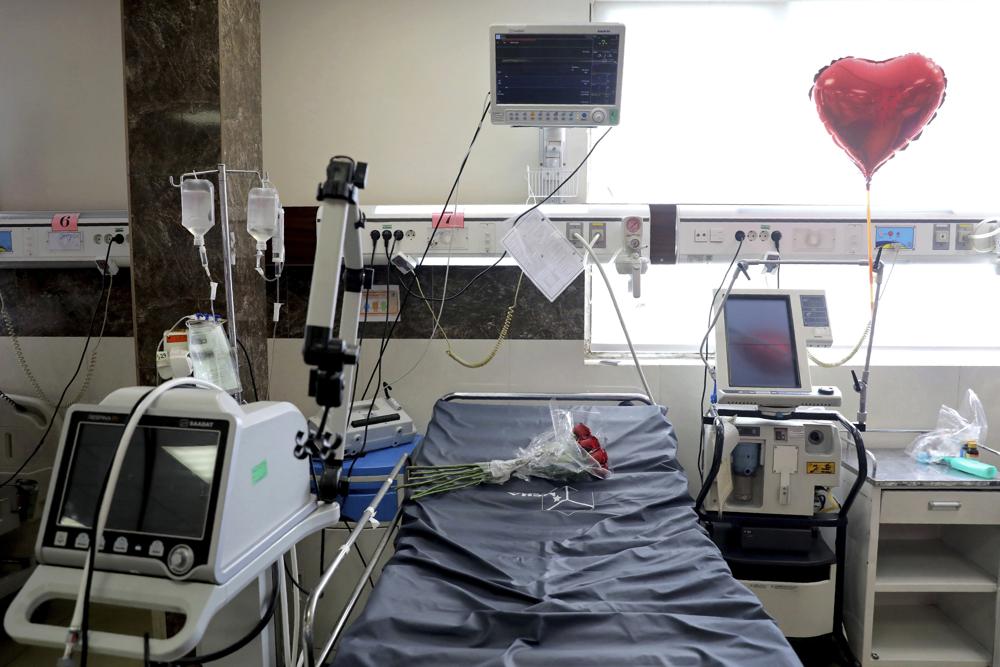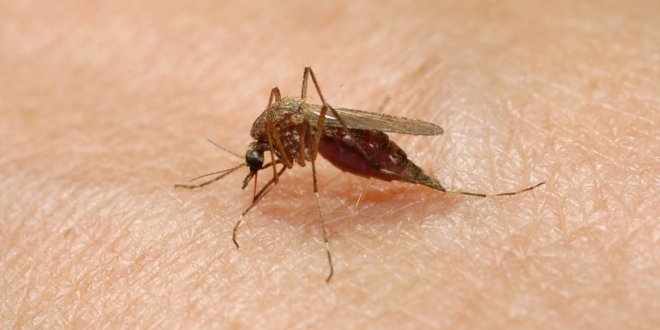
Blood donated by unknowing malaria carriers can be made safer with UV radiation and Vitamin B, said a study Friday which may "revolutionize" transfusion safety in Africa.
The technology, not yet commercially available, also holds promise for killing other blood-borne germs such as HIV, Ebola and Zika.
The technique was previously shown in lab experiments to kill the malaria parasite – as well as HIV and hepatitis viruses – in blood in petri dishes.
It has now been proven effective in live humans, a team reported in The Lancet medical journal.
In a trial with transfusion recipients in Ghana, treating the blood to be transfused "severely reduced" the risk of malaria transmission, though it did not eliminate it.
Sixty-five patients who tested negative for the mosquito-borne parasite Plasmodium before transfusion, were chosen to take part in the clinical trial.
Some were given blood treated with UV light and vitamin B2, also known as riboflavin, while the rest received untreated blood.
As would be the case in any ordinary hospital, neither the doctors nor the patients knew whether the donated blood contained the malaria parasite.
"Twenty-two percent of patients (8/37) who received untreated blood later tested positive for malaria parasite, compared to four percent (1/28) of patients who received treated blood," said a statement from The Lancet.
438,000 deaths last year
According to the World Health Organization, there were 214 million malaria infections last year, and 438,000 deaths – 90% in sub-Saharan Africa.
It is not known what percentage is contracted via blood transfusion.
"In many countries in sub-Saharan Africa where malaria is endemic, a high proportion of the population carry the parasite but do not show any clinical symptoms," said study author Jean-Pierre Allain of the University of Cambridge.
"This is particularly problematic when it comes to donated blood transfusions, as it puts the recipients at high risk of infection if no blood treatment procedure is provided."
Testing for Plasmodium in donated blood is expensive, and there has been no means of treating infected "whole blood" – the type mainly used in transfusions in Africa.
In Europe, blood platelets or plasma are normally used rather than "whole blood". These constituent parts are exhaustively tested and treated.
In Ghana, about half of blood donors carry the parasite, and some 30% of recipients who test negative for Plasmodium before a transfusion test positive thereafter.
In the new technique, scientists added Vitamin B to the blood before exposing it to UV light for about 45 minutes while vigorously stirring.
"The technology is currently in the testing phase, and the authors add that further studies, in larger population groups, and in particular at risk populations such as young children and pregnant mothers, are now needed," said the statement.
Blood safety 'revolution'
Commenting on the study, Sheila O'Brien of the Canadian Blood Services, said pathogen reduction technology also held promise for other pathogens – having been shown to work in the lab on HIV, hepatitis C and hepatitis B.
In developed countries, she wrote, the technology would further reduce the already low risk of transmitting infections.
"It would also address concerns from emerging pathogens such as… West Nile virus, chikungunya virus, and Zika virus," she aid.
And if it can be used on donated "whole blood", O'Brien wrote, the technology could "revolutionise transfusion safety in Africa, where it is most needed."
But the method and equipment is not cheap, which means it is unlikely to be introduced to the field right away.
The study was published days ahead of World Malaria Day on April 25.

